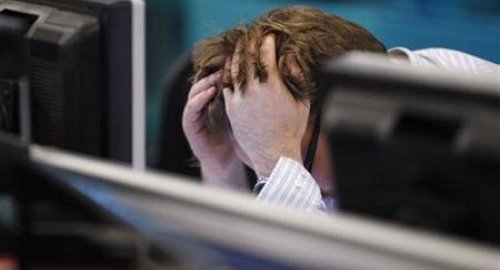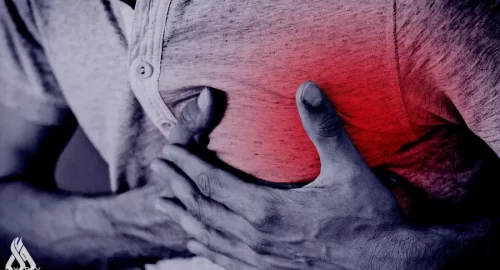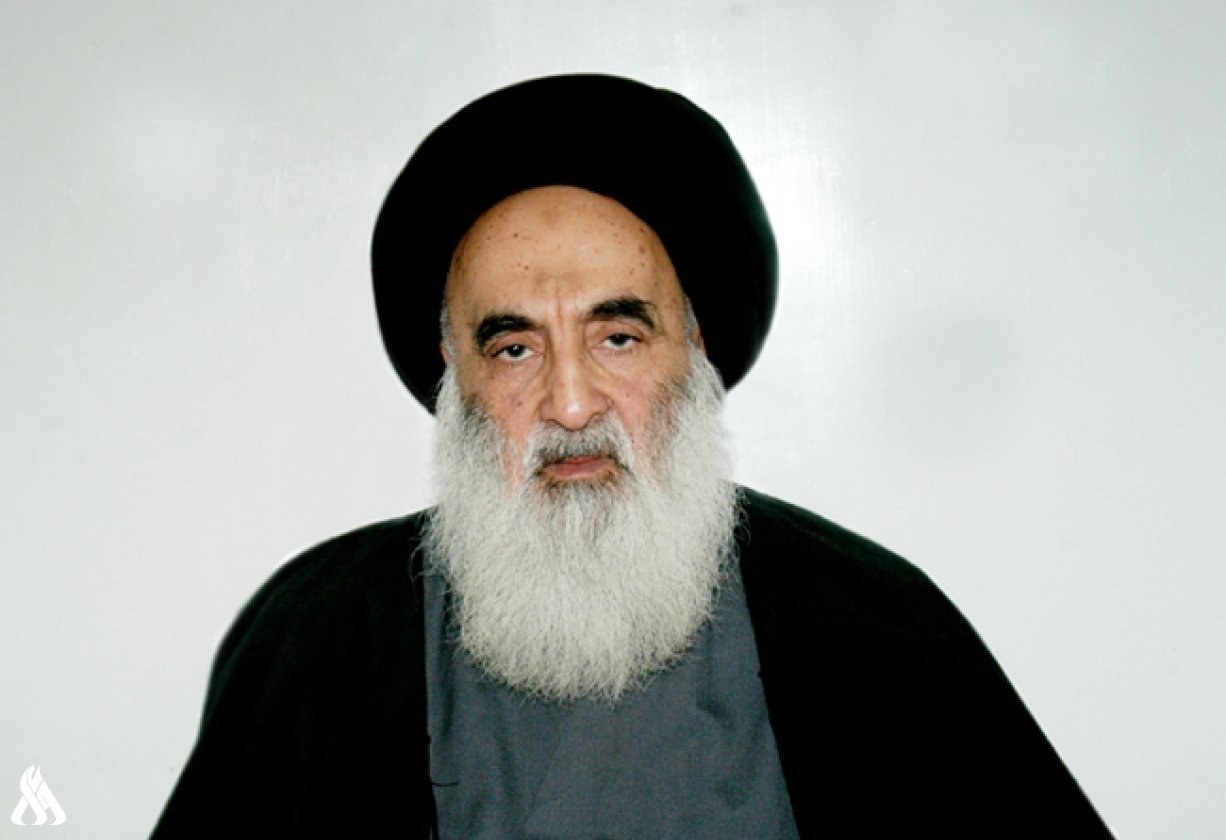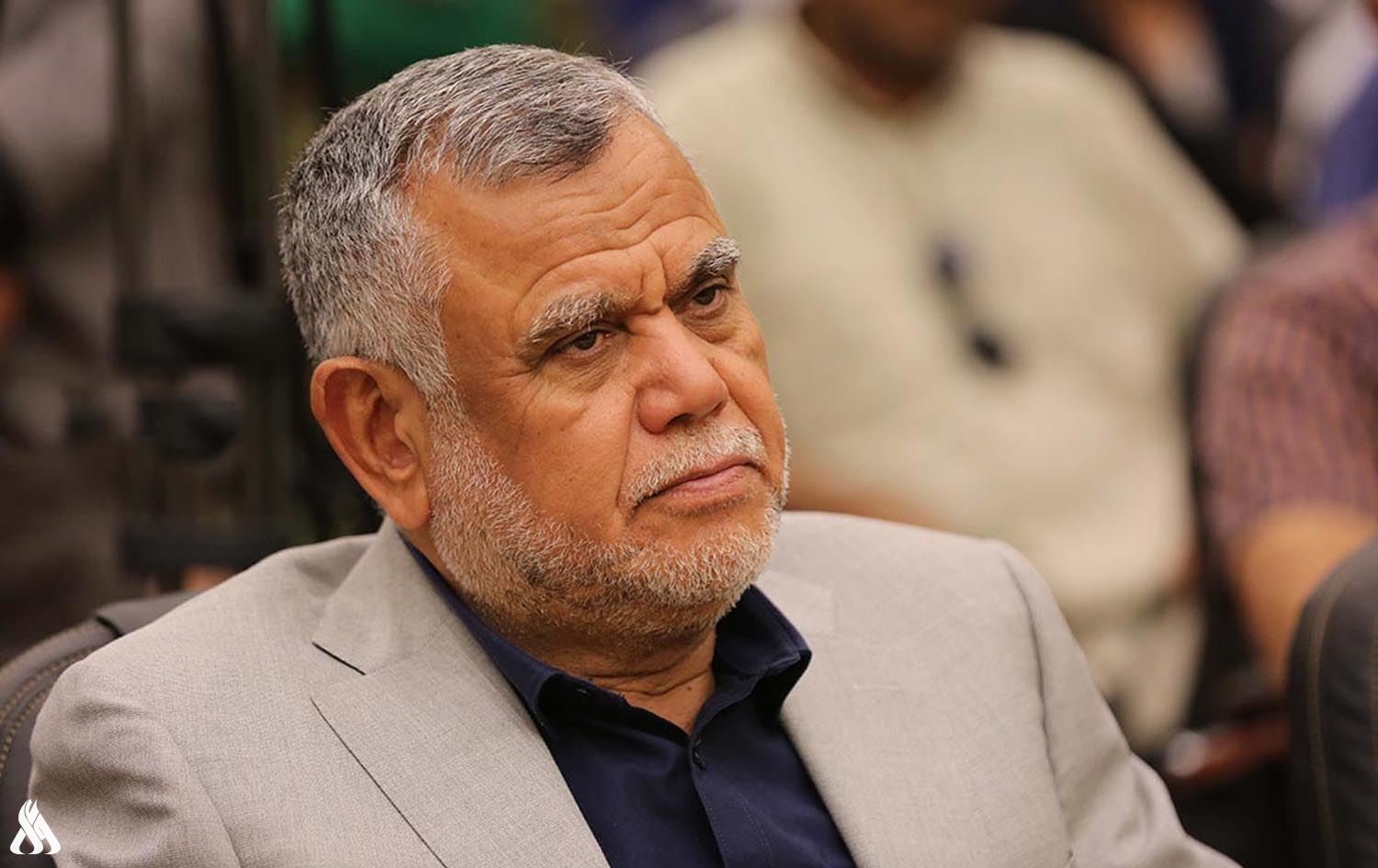
Using extra brainpower on mental tasks causes higher levels of stress, frustration or anger, research reveals

- 8-08-2024, 09:27
INA- sources
Using extra brainpower on mental tasks causes higher levels of stress, frustration or anger, new research suggests.
A new study from the American Psychological Association revealed the more effort put into a task, the higher levels of unpleasant emotions.
Researchers analysed 170 studies to examine whether mental effort is associated with unpleasant feelings, and if there was any difference across occupations, cultural or social groups.
But across all groups, data showed the greater the effort, the more distressing emotions were reported.
'Our findings show that mental effort feels unpleasant across a wide range of populations and tasks,' senior author Dr Erik Bijleveld said.
'This is important for professionals, such as engineers and educators, to keep in mind when designing tasks, tools, interfaces, apps, materials or instructions.
'When people are required to exert substantial mental effort, you need to make sure to support or reward them for their effort.'
While all countries experienced mental distress associated with effort, findings were less pronounced in Asian countries than they were in Europe or North America, Dr Bijleveld said.
Studies also observed that people still voluntarily engage in mentally challenging tasks, despite their adverse nature.
Dr Bijleveld said: 'For example, why do millions of people play chess?
'People may learn that exerting mental effort in some specific activities is likely to lead to reward.
'If the benefits of chess outweigh the costs, people may choose to play chess, and even self-report that they enjoy chess.
'Perhaps people choose mentally effortful activities despite the effort, not because of it.'
source: Daily Mail
France: Europe will respond proportionately to tariffs
- Economy
- 09:19
Al-Mandalawi Meets Sheikh Al-Khazali
- politics
- 08:59
Gaza Health Ministry Announces New Death Toll for Zionist Aggression
- International
- 06:04
Al-Sistani: Tomorrow, the 29th of Ramadan
- Local
- 25/03/29
Al-Amiri warns of any war between Iran and the US
- politics
- 25/04/01












